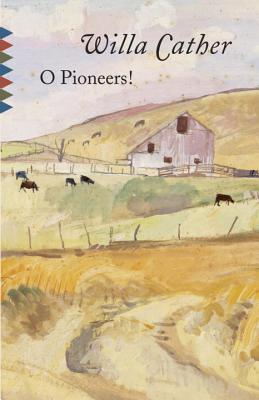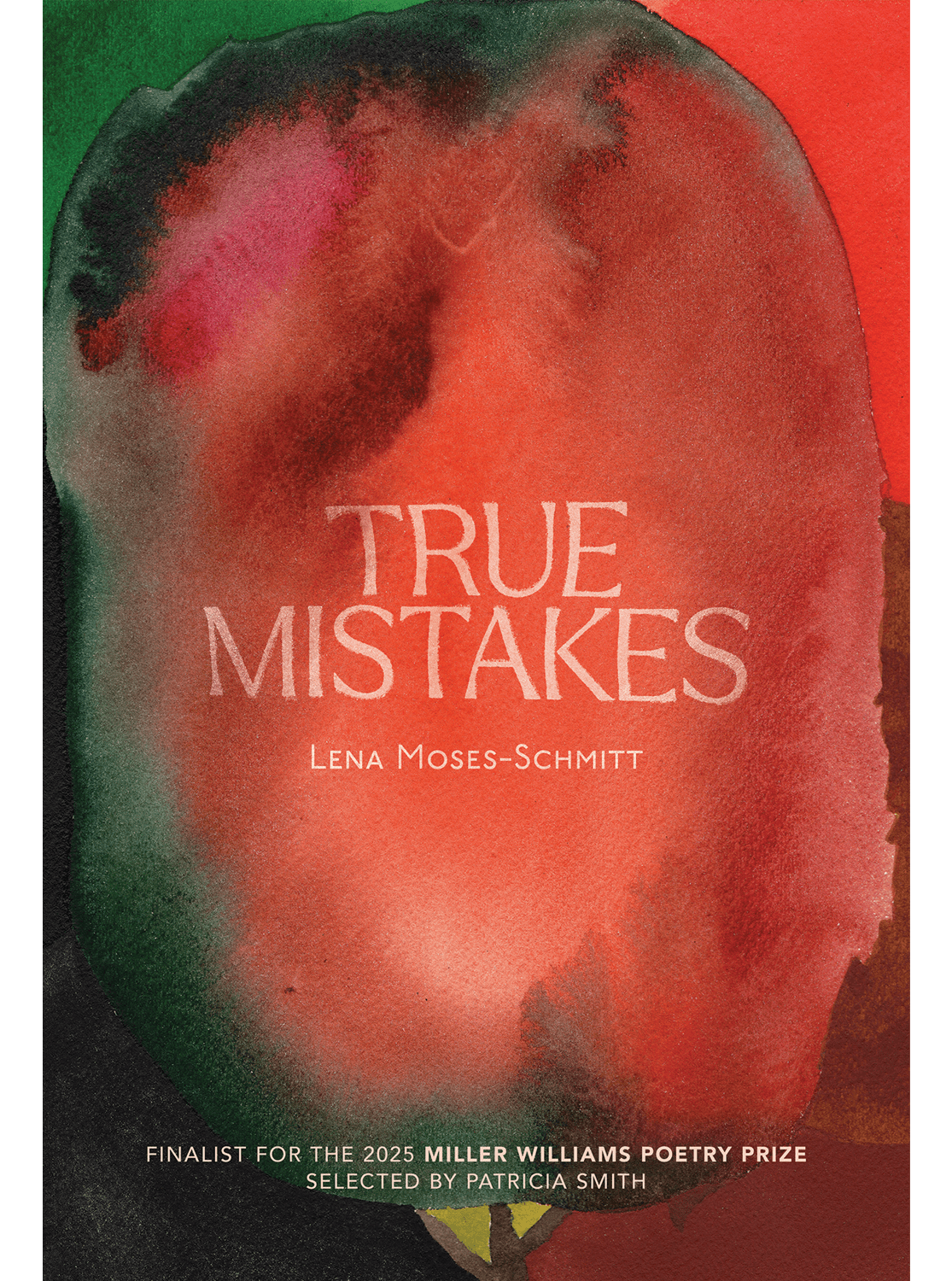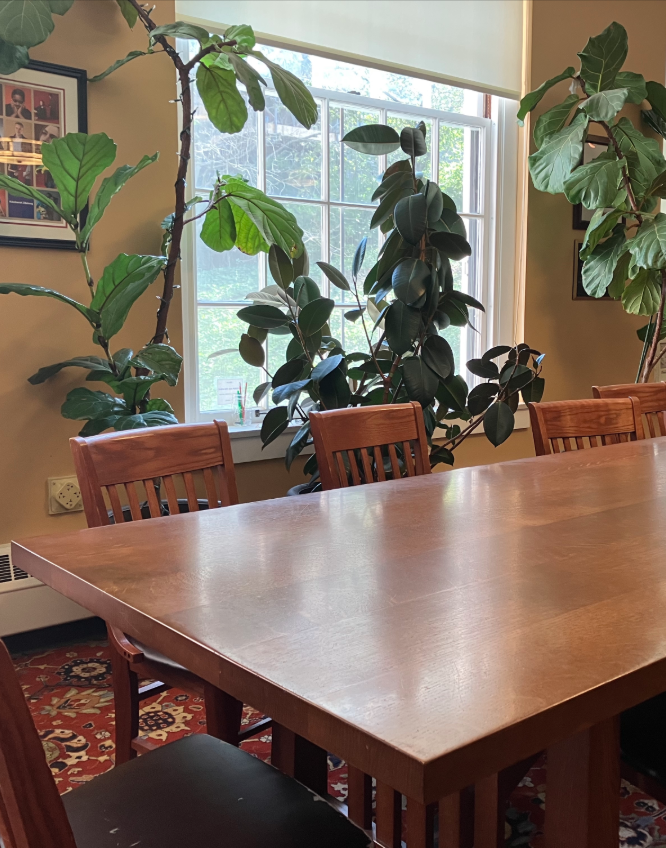Curated by KEI LIM
The summer months for The Common’s staff have been filled with wandering, around Western Massachusetts and beyond. Throughout this wandering, we’ve carried books which roam themselves, where relationships parallel the movements of the landscapes they traverse. Editorial Assistants BEN TAMBURRI, LUCHIK BELAU- LORBERG, and CLARA CHIU, and Applefield Fellow AIDAN COOPER recommend three novels and a poetry collection which brought them solace during these long, sweltry days.

Willa Cather’s O Pioneers!, recommended by David Applefield ’78 Fellow Aidan Cooper
Anyone who knows me knows I can’t stand audiobooks. There’s something about the pace or the performances that irks me, or maybe it’s something about being slightly insoluble in the story, while I drive, or fold laundry, or task my hands with whatever it is that isn’t turning a page. For me, reading has always been about following and, more importantly, re-following where the words before me lead; I flip here and there, underline and annotate, and generally meander through and indulge in the language’s turns. But because this summer has been one interwoven with travel, tugged along by the two yellow lines in our potholed New England roads, I decided (betraying my brand) to put O Pioneers! by Willa Cather through my car radio.
















